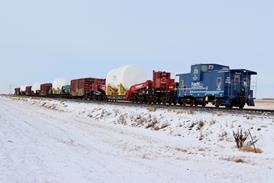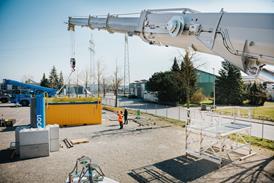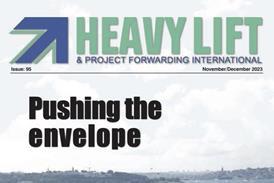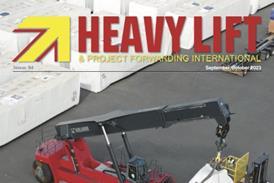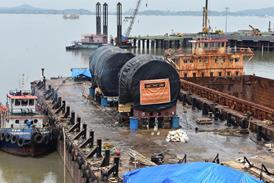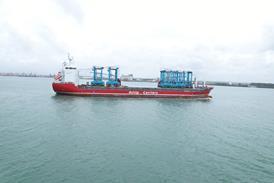A.P. Møller Mærsk reportedly wants half of its earnings to come form inland logistics, according to a report in the Wall Street Journal (WSJ).

In an interview with WSJ, Mærsk ceo Soren Skou said that 80 percent of the company’s earnings currently come from container shipping, but “hopefully a couple of years from now [it] will be much closer to a 50-50 scenario between ocean and non-ocean services”.
To do this, Mærsk intends to buy warehouses, container terminals and Customs brokerage firms to enhance its logistics services.
The company is already progressing with its plan of developing its landslide business units and, as of August 1, 2019, APM Terminals Inland Services will be integrated into Maersk Logistics & Services.
The APM network of inland terminals consists of 36 business units covering 100 locations.
Speaking earlier this year, Søren Toft, executive vice president and chief operating officer at A.P. Møller-Mærsk, said: “By structurally adding inland services to Maersk, customers will have seamless access to a wider range of logistics and services offerings.”
APM Terminals will continue to serve shipping lines and landside customers with services on and around the port premises, such as traditional storage and terminal handling.
Maersk also owns the Damco freight forwarding business. The carrier is presently integrating its supply chain management functions, such as origin logistics and Customs brokerage, into its core transportation business.
According to analyst Fitch Ratings, Maersk is not the only container giant looking to move into the logistics business. As HLPFI reported here, the credit ratings and research specialist believes that the consolidation wave in container shipping might be approaching its end, as the market is focusing more on ‘vertical integration’ amid slowing growth in container trade and digital disruption.
The shift from consolidation to vertical integration provides an opportunity for container shipping companies to generate stable cash flow while reducing exposure to volatile freight rates, said Fitch Ratings.
However, the logistics business is also competitive and fragmented. Although boosted by e-commerce, global growth rates in logistics have slowed down, and the margins in freight forwarding are under pressure from digital competition.
The niche project cargo segment within the freight forwarding market might not be in the grasps of container giants just yet, but, given the liner companies’ willingness to target breakbulk cargoes from the multipurpose carriers, it is definitely a trend to keep an eye on.

